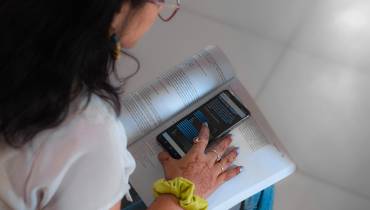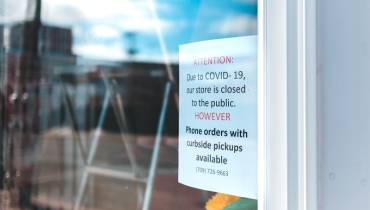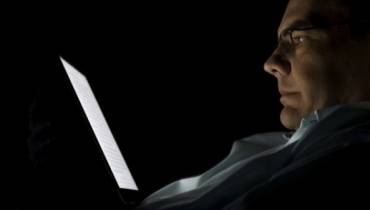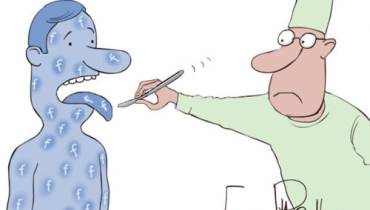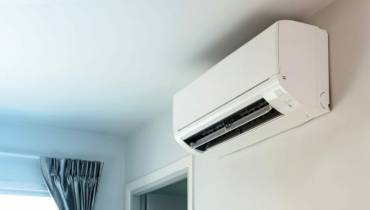Six Reasons You Should Take Daytime Naps (Backed by Science)

What does Kanye West have in common with Aristotle, Leonardo da Vinci and Albert Einstein? A part from being a creative type, Mr. West has been reported to love to take daytime naps.
Apparently, Kanye West rarely finds the time to get a full night's sleep. So instead, he and his ex-wife Kim Kardashan would indulge in a nap alongside baby North each day.
While many of West’s habits are questionable, he may be onto something wonderful here. The secret to success for some of the world’s most creative people is not being super organized or smart; it’s something your nanna recommended you do every day—napping!
Comedian Carrie Snow once said, "No day is so bad it can't be fixed with a nap.”
Oftentimes, though, thanks in part to controversial personalities like Kanye West who also naps during acceptance speeches, the afternoon siesta unfortunately gets a bad rap. But, the benefits of taking a quick nap goes far beyond just relieving fatigue.
Benefits of Regular Daytime Naps
In the uncannily impressive and weird book 50 Secrets of Magic Craftsmanship, Salvador Dalí (1904–1989), the Surrealist painter par excellence, presents 50 "secrets" for mastering the art of painting, among them "the secret of sleeping while awake." Dalí‘s “sleeping while awake” entails napping for less than a minute. In fact, even a second could be too long!
Dali recommends that the slumber last even less than a quarter of a second. The idea is to release your mind as part of a cognitive conditioning that lets it wander just long enough to let your creative juices flow. That sounds absurd, silly even. But, scientists today call this the "hypnogogic" sleep, where the mind, before it reaches deep sleep, unlocks free flowing creative thoughts. Aristotle, da Vinci, Einstein and others reportedly used this “secret” micro-nap too for inspiration.
Interestingly, sleep research is beginning to confirm what these past creative geniuses implicitly understood: Sleep happens in multiple stages, and our bodies behave differently at each stage of the process. Scientists have found that the hour of increased fatigue that typically occurs between noon and 3 pm for most people may in fact be a biological reaction to not taking an afternoon nap.
We fall asleep naturally when we are tired in the evening, so why do we fight fatigue and our natural circadian rhythms (the bodies' natural "biological clock") in the early afternoon? Science says you should start to listen to your body more and take mid-afternoon naps.
Here’s what will happen to you when you start to take naps every day.
1. You’ll relieve stress and beat tiredness.
In our always-on culture, the underutilized luxury of escaping for a nap can be a powerful stress-reliever. Even if you don't sleep for long, napping helps you pay any sleep debt that might have accrued over time, and relieve tiredness. The National Sleep Foundation actually calls naps "mini-vacations."
2. You’ll boost your alertness and motor learning skills.
The length of your nap determines the brain-boosting benefits you get. If you break up your day with a 20-minute nap (sometimes called the stage 2 nap), you’ll be as alert and energetic for the second part of your day as you were for the first. A 20-minute nap provides the benefits of improved alertness and performance without interfering with your nighttime sleep or leaving you feeling groggy.
Moreover, your motor learning skills like typing and playing the piano get a significant boost after a short nap.
3. You’ll improve your working memory and performance.
Slow-wave sleep or napping for approximately 30 to 60 minutes improves your working memory and sharpens your decision-making skills, such as recalling directions and choosing vocabularies. Moreover, a study at NASA on sleepy military pilots and astronauts found that a 40-minute nap specifically improved performance by 34% and alertness 100%.
4. You’ll enhance your creativity and sensory perception.
According to University of California, Riverside’s sleep scientist Sara C. Mednick, author of Take a Nap! Change your Life, napping for 60 to 90 minutes improves your creativity by both loosening up the web of ideas in your head and fusing disparate insights together.
Additionally, this type of nap can improve your sensory perception as effectively as a night of sleep, meaning sunsets will look more beautiful, flowers smell much lovelier and food taste so much better after a good nap.
5. You’ll improve your mood and general outlook on life.
A quick nap is a well-documented mood booster. According to Mednick, “napping bathes your brain in serotonin.” Serotonin is a neurotransmitter that regulates our mood, sleep and appetites. Bathing your brain with serotonin combats sleepiness and associated crankiness, and helps produce feelings of well-being and contentment. You become less irritable, anxious and depressed.
6. You’ll boost your overall immune system.
When you nap, your body secretes the growth hormone (GH) as part of the body’s repair and restoration function. GH aids in muscle repair, sexual function, tissue regeneration, weight loss and overall strong immune system. In fact, napping may lower your risk of heart disease.
So, do take a nap because it's good for you.
See Also: 13 Powerful Routines Of High Achievers That Boost Productivity.
Image via shutterstock.com






